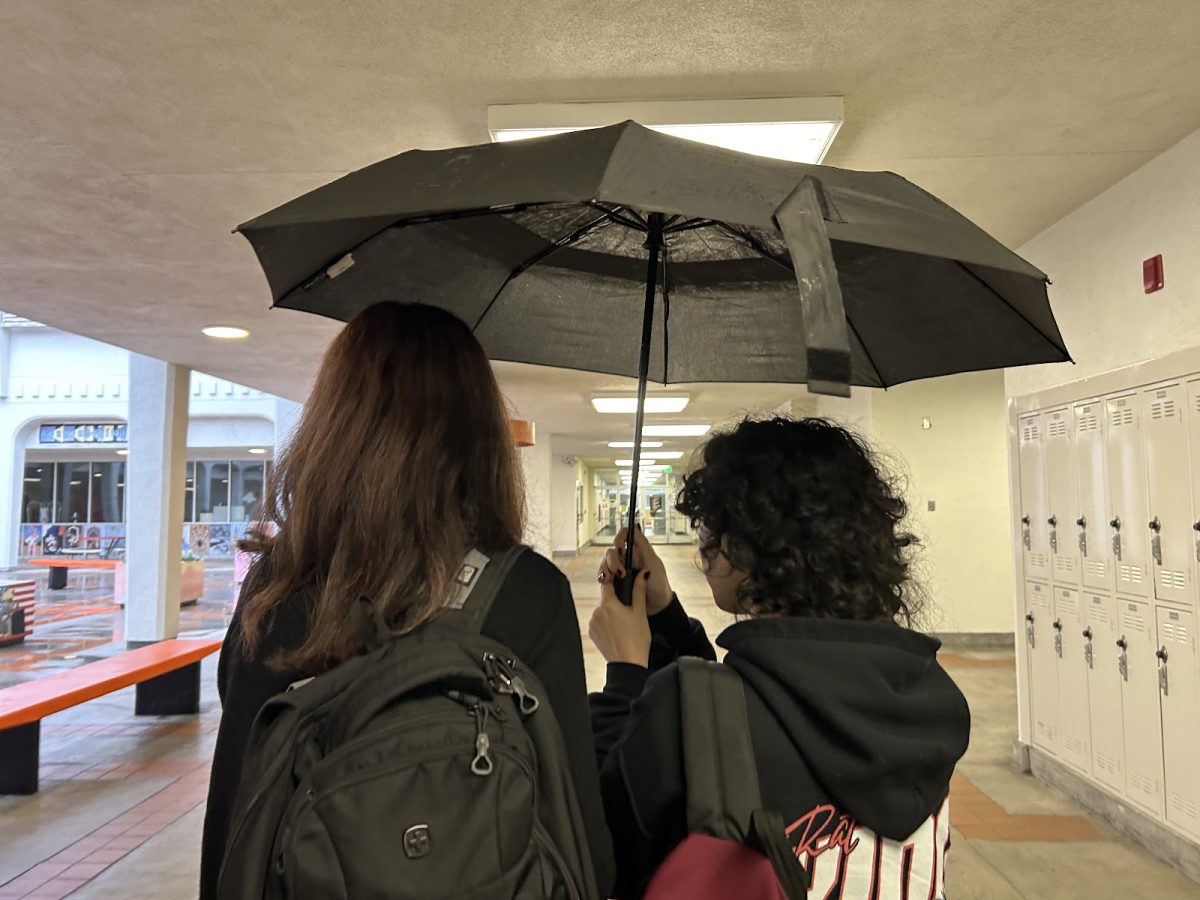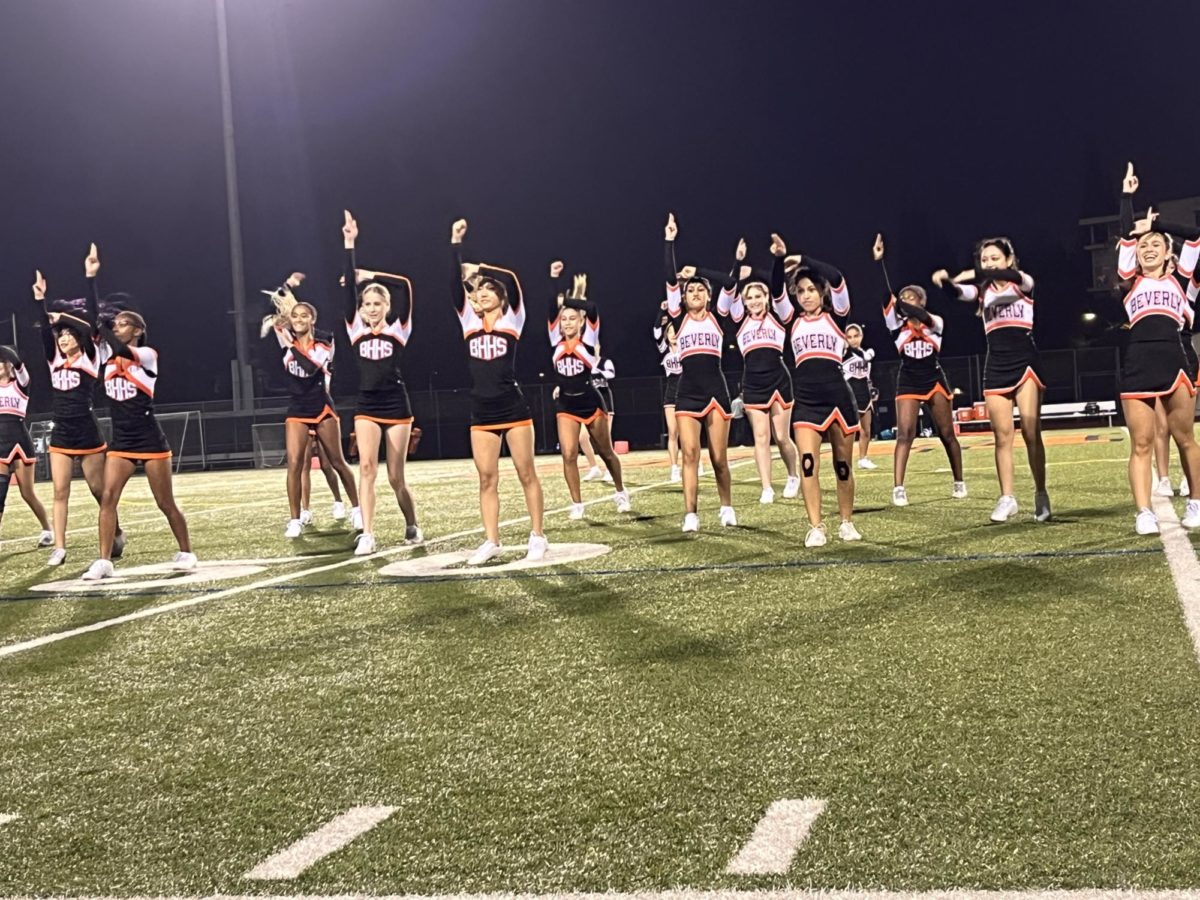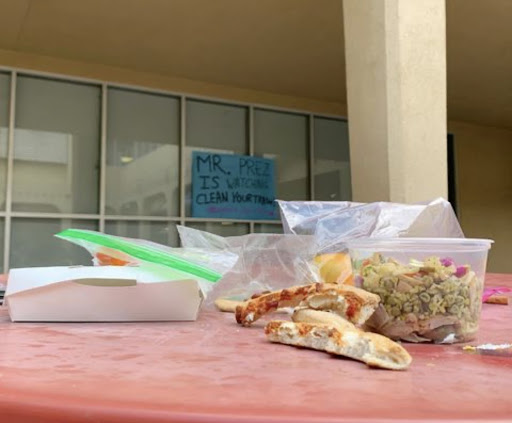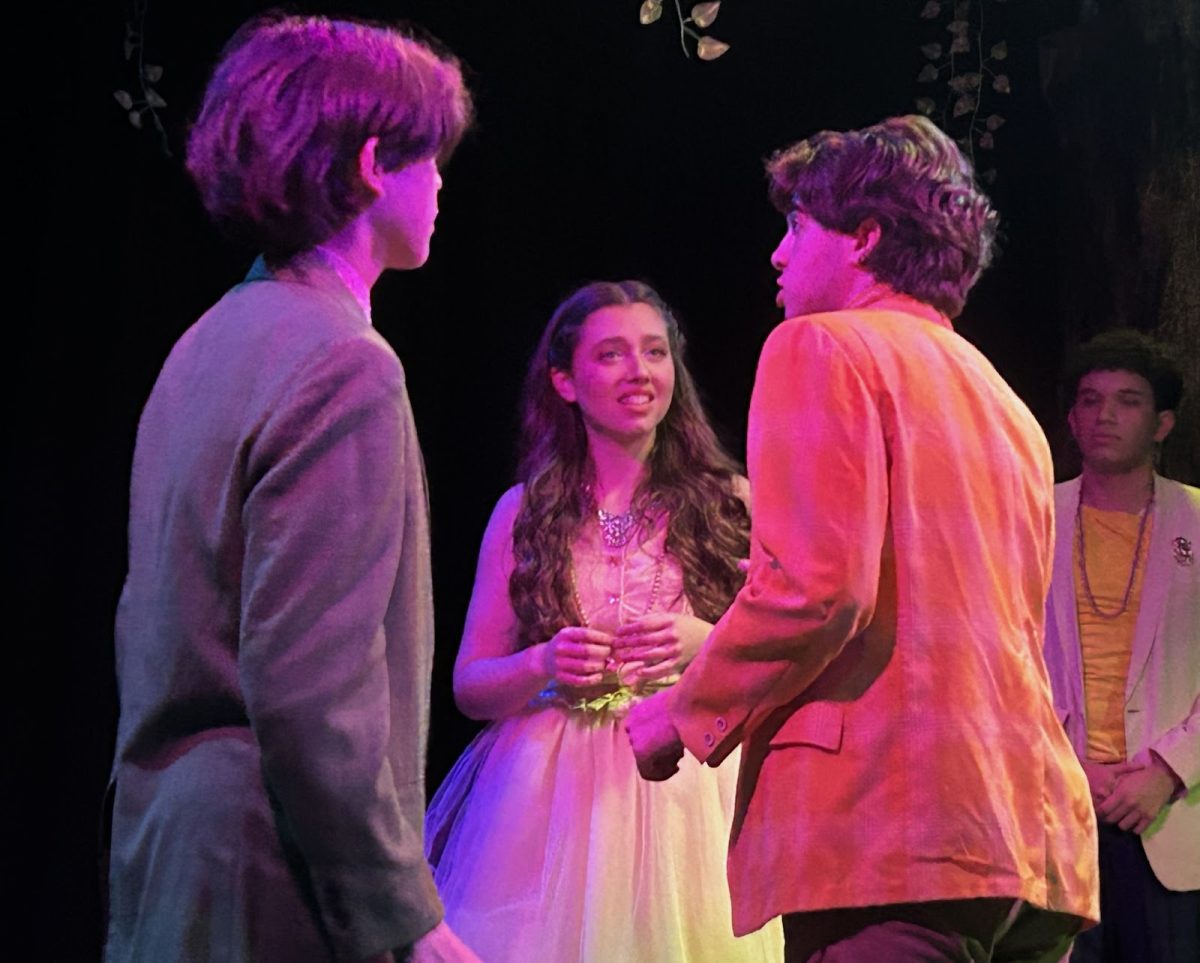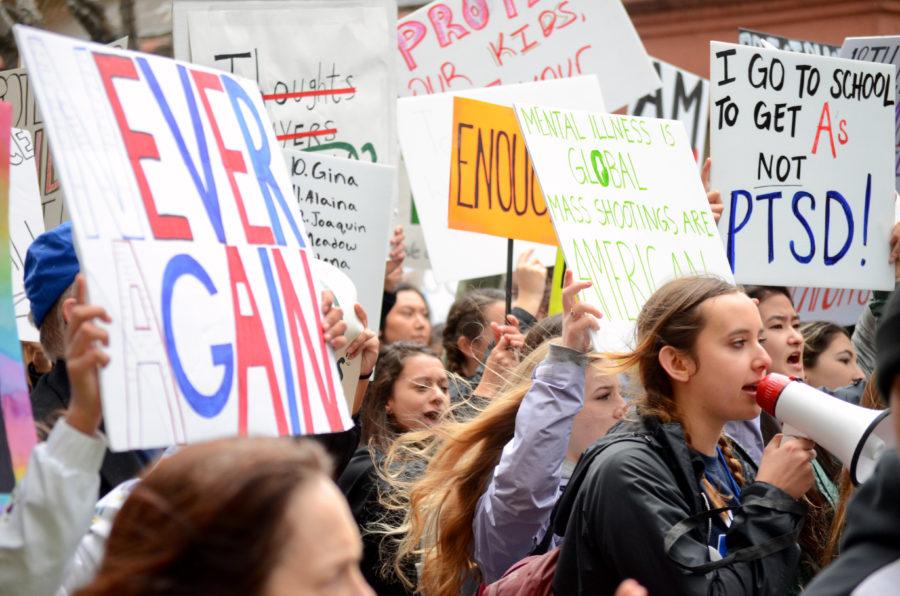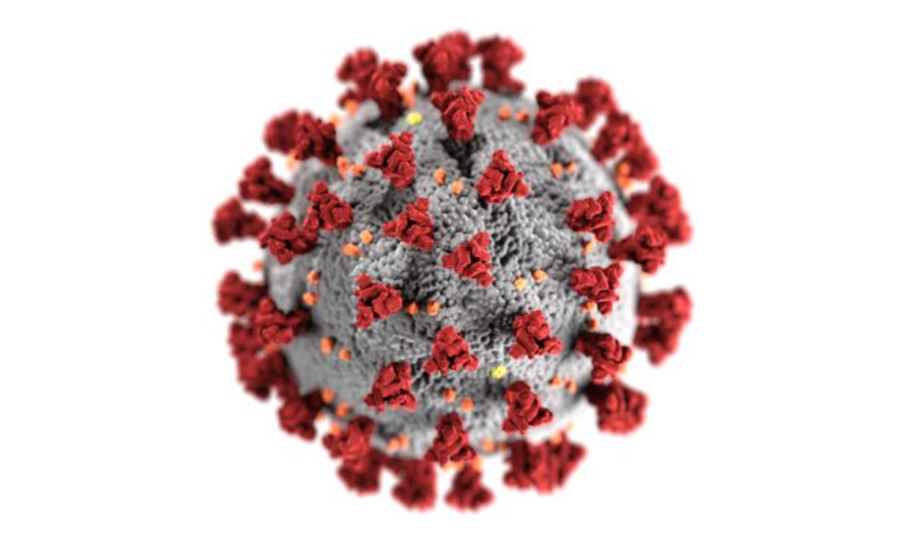Jackson Prince, co-editor-in-chief
According to a study published a few weeks back by Genome Research, African elephants were deemed “superior smellers,” due to their innate ability to distinguish different odors better than any animal ever examined.
However, despite their remarkably sensitive schnozzes, it seems as if elephants are unable to sniff out the danger to their very existence.
In 2012, an estimated 22,000 elephants, as well as 1,004 rhinos (which are far more endangered), were killed by humans. To be specific: poachers. Despite a number of laws enacted across the African continent over the past 20 years and a rising world awareness of the problem, 2012 marked the worst year on record. While official numbers have yet to be released on 2013 and 2014, the David Sheldrick Wildlife Trust says that one elephant is killed every 15 minutes, and the species could disappear from the wild by 2025 if the current pace continues.

These killings are all in the name of the rhino-horn and elephant-ivory trade, both banned in the 1989 Convention on International Trade in Endangered Species (CITES) treaty. The treaty was ratified by 175 countries, all dedicated to putting a halt to the rapid extinction of these animals due to poaching.
However, as with almost all prohibited substances, humans seem to want even more the things they “can’t” have. And so it is with rhino horns and elephant tusks, compounded by a lethal combination of advanced killing methods and more desperate local hunters eager to cash in on the greed of the Asian market.
“The price of ivory in China has tripled in the past four years,” Denge, a resident naturalist at the Amboseli Serena Lodge in Kenya, said. “But we can’t blame it on the Chinese.”
Instead of blaming the price tag of $2,100 dollars per kilogram of ivory, Denge blames his fellow countrymen for committing “treason.”
“Ivory will always be worth very much, even though it is merely made of keratin, which is found in your fingernails,” he said. “To stop poaching, we must take actions directly against the poachers. They are acting in a way that threatens our country.”
To take matters into their own hands, many national parks across Africa, including Amboseli National Park, implemented a “shoot-to-kill” policy. If a ranger sees any person in the park without a permit, they have the legal right to “assume that they are poachers and shoot them,” according to the Maasai naturalist. While an extreme approach, this measure is seen as necessary in order to deter poaching.
However, this policy hasn’t had the intended effect. In some cases, poachers hunt down the rangers, murdering them, before they themselves may be killed. This has resulted in a rise in the number of attacks on rangers, as two rangers are killed worldwide each week, according to Sean Willmore, President of the International Ranger Federation. In reaction to these deaths, the policy was suspended in late 2013 and, as might be expected, there was massive upsurge in the killing of elephants, as 60 were killed in the span of two months.
As the situation will not be solved by more bullets, Denge and others believe that locals should address the issue “in elections with ballots.” Yet, as many African countries struggle to gain stability, tackling issues of hunger, water shortages, wars and the eradication of disease, poaching cannot receive the attention it requires from governments.
Bill Mercandante, who directs safaris throughout Kenya and Tanzania three times a year with Tauck Tours, believes that the Western World is key in the fight against poaching.
“If we want people to understand why [poaching] is so important and take a stand, we have to tell our neighbors to visit Africa and see [the animals] with their own eyes,” he said. “Watching wildlife here can change someone’s priorities, and it can spark conversation at home.”
And he’s right.
I had a life-changing experience when our family took a trip to Kenya and Tanzania this summer.
It’s our first day in Kenya, having come from Tanzania. We drive into Amboseli National Park, famous for its significant elephant population. While we had seen a few of them earlier in our trip, the largest herds are known to be in here, so I’m pumped.
Our guide, named Comfort, tries to live up to his name as we bounce violently along a so-called “road.” Suddenly, our Jeep jerks to a stop, sending my littlest cousin flying into the seat in front of him.
We stand up to peer out of the vehicle, and our glances are met by a cloud of dust, gradually approaching us. Half-hidden, but clearing with each step it takes our way, is a herd of over a dozen elephants. At this point, we’re silent, in reverence of a true spectacle of nature.
As they head closer and closer, another avid witness in a different Jeep pulls out a mammoth black Nikon with an even larger lens attached. The elephants stop in their tracks, freeze for a moment and take the position to charge.
I asked Comfort what’s going on.
“The elephants don’t like big cameras,” he says. “They remind them of guns. And an elephant never forgets a gun.”
The photographer puts down his “weapon” soon after their brief hesitation, and the elephants reward all of us by crossing right in front of our Jeep. We sneak a few pictures with our iPhones and lower-caliber cameras.
I needed to learn this lesson in the field, not in a classroom or from a YouTube video. I needed to see rare rhinoceroses dehorned by rangers in order to discourage poachers from killing them. I needed to hear the local naturalists share their fears of the survival of their beloved creatures, considered to be national treasures. I needed not merely to understand why poaching was a serious issue, but I needed to feel it.
A week before my arrival in Africa, Satao, a legendary Kenyan elephant known for tusks that drag the earth, was massacred by poachers. A week after my departure, four rhinos were slaughtered in Nanyuki (where I stayed for two nights) by thugs with similar purpose.
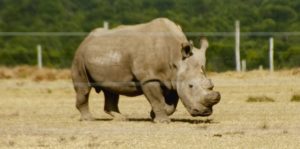
In other words, despite its profound effect on me, my visit didn’t curb poaching. Mercandante was only half-right. The fact that Americans are taking more safaris doesn’t make poachers realize that they’re in the wrong. What does affect them is the spread of concern and pressure from outsiders to take a more aggressive stance.
A month ago, Mandla Chauke was sentenced to 77 years in prison for murder, illegally hunting rhino, taking rhino horn, illegally possessing firearms and ammunition and for trespassing in Kruger National Park in South Africa. This news is “welcomed” by African authorities, as their courts seem to finally be getting the message that lengthy jail terms are necessary to fix the problem internally.
Many national parks are bringing back the shoot-on-sight policy, this time better equipping their rangers for any attacks. Animals are being tracked by drones, radar and other surveillance technology, and more activists in Africa and around the world seem to be taking their place on the soapbox of the Internet.
And what can we do? For one, we can examine the flaws of the reports on poaching in our own country. The Los Angeles Times last ran an detailed article on African poaching in January of 2014, and…well…the last time the Times ran an intelligently-written, detailed article on poaching was on that January date.
Only a few weeks ago, on July 21, the paper ran a far more ignorant, and potentially dangerous article. In it, Godfrey Harris wrote an opinion piece whining that he, and other “ivory collectors…are being vilified.”(By the way, Harris serves as the Principal Representative of the Political Action Network of the International Ivory Society.)
Godfrey, I hate to tell you, but you are the villain for giving any monetary or sentimental value to something that was cut off of an elephant’s face. Just because the ivory trade isn’t centered in America doesn’t mean that you’re not to blame for owning and prizing ivory. Shame on you. Focus on what’s literally grasping onto life, not on what’s been dead for centuries.
There needs to be chatter throughout the country about this issue, continued reports of poaching occurrences and responses and dinner-table conversations, gut-wrenching videos and even trips to the zoo, as not everyone has the privilege of going to Africa. We must make relationships with these countries’ governments, as well as support organizations working to promote the existence of these endangered animals. In short, we need to do more.
If the elephants can’t smell the danger that lurks around the corner, it is our job to make sure they pick up the scent of help that’s on the way.
Follow Us on Twitter
Follow Us on Twitter
African poaching concerns must reach Americans
August 25, 2014
Story continues below advertisement
Leave a Comment
Donate to Highlights
$0
$1000
Contributed
Our Goal
Your donation will support the student journalists of Beverly Hills High School. Your contribution will allow us to purchase equipment and cover our annual website hosting costs.
More to Discover

